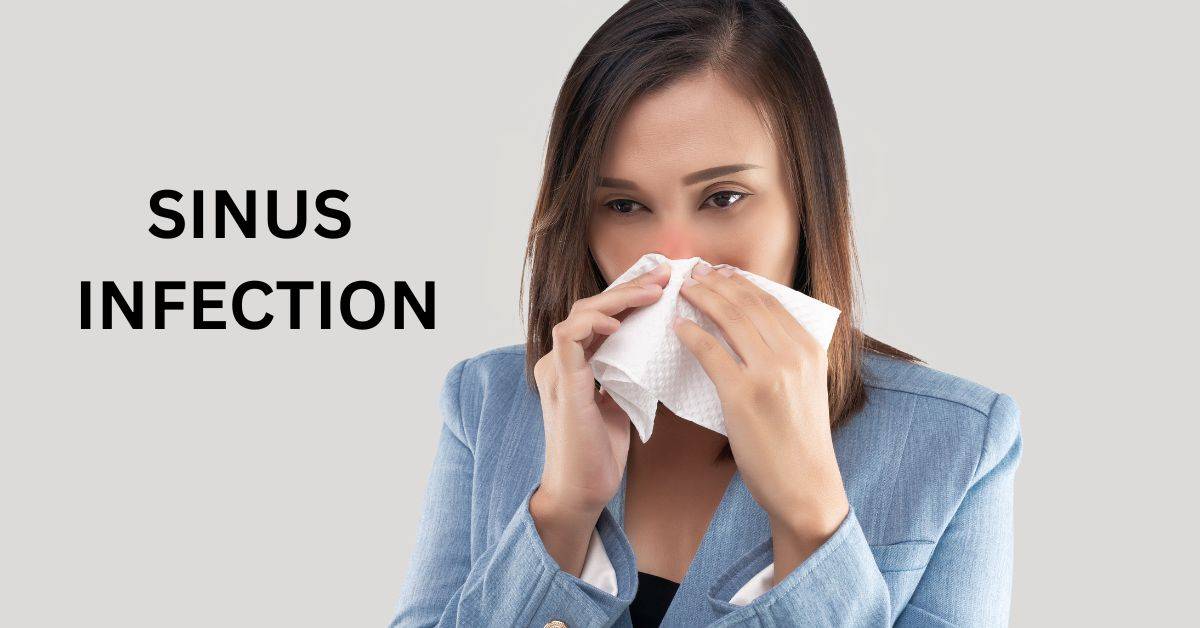People with sinusitis cover about one-third of the world’s population. Approximately, it affects about 14% of the adult population in the US. It is a commonly diagnosed condition as a result.
Those who experience it daily are well aware of how painful it is for them and how crucial it is for them to discover effective treatments.
As Joel Furhman said, ‘food is really and truly the most effective medicine’. The quotes reflect on how your diet can go a long way to help improve your health.in some ways, there are still, arguably, some foods you can avoid in order to fight sinusitis.
WHAT IS SINUSITIS?
Also known as rhinosinusitis, it is a medical condition whereby there is inflammation around the nasal area. It is mostly caused by allergens, bacteria, fungi, or even viruses. Irritants like smoke, air, and dust contribute the most. (1➤). To ensure clarity, “Rhino” means ‘Nose’
The sinuses' lining swells when a person has sinusitis. The four paired chambers in the head known as the sinuses are where mucus exits the nose. This maintains the nose germ-free and clean. Therefore, if you have sinusitis, it signifies that the restricted spaces in your brain have caused your sinuses to become irritated or congested.
Children below the age of 16 and adults between the ages of 25-64 are mostly affected.(2➤)
SPECIFIC CAUSES
Rhinosinusitis or sinus infection is specially caused by the following;
Cold
Nasal and seasonal allergies
TYPES
Sources have published on several types of sinusitis there are. However, this post will discuss two known types – acute sinusitis and chronic sinusitis.
ACUTE SINUSITIS
It is known to be ‘self-solving’ which is triggered by viral infection. This type shows symptoms like runny or stuffy nose and facial pain. What makes it tricky is that the symptoms do not seem to go away permanently, as they have specific duration of days and return with worse effects. (3➤)
Best way of treatment is taking antibiotics and decongestants
CHRONIC SINUSITIS
It is an inflammation of the paranasal sinuses. Symptoms associated with chronic sinusitis are blocked nasal tissue, reduced sense of smell. It is said to last for about 12 weeks (4➤). Treatment tactics are topical medications and enhancing sinuses outflow
FOODS TO AVOID
If you have a sinus infection, steer clear of certain foods to help your body repair and heal. These trigger foods can make your symptoms worse by causing pressure in your nasal cavities or triggering an immune response that makes it harder for your body to fight the infection.
Check them out below;
DIARY
Dairy foods produce mucus and phlegm, which tend to block sinuses. Studies have shown that some foods like milk, butter, cheese and sour cream and yogurt. Studies showed that people allergic with milk tend to produce nasal polyps, which is a cause of sinusitis.
SUGARY FOODS
Foods like candy, baked foods like cakes, and soda have the tendency of increasing inflammation in the body. To be safer, it will be advisable to avoid refined sugars. The more you eat these sugar-filled foods, you show more symptoms of sinusitis.
HISTAMINE-HIGH FOODS
Histamine, which in the white blood cells help fight off possible allergens. However, people intolerant of this substance are most likely to end up with buildup in their body systems. These buildups lead to these individuals showing symptoms of sinusitis like common cold, runny and stuffy nose.
Advisably, avoid foods like red meat, dried fish or fish sauces, tomatoes, fermented foods like kombucha or alcohol.
SALICYLATE-HIGH FOODS
Some foods high in salicylate like strawberries, plums, oats, cauliflower and beans should be avoided if you have sinus infection. Failure to do so would have you show some symptoms like runny nose and common cold.
OMEGA – 6 FATTY ACIDS
Some foods like nuts, tuna, corn, soybeans, meat should be avoided if you are battling with sinusitis. These foods have the high possibility of causing inflammation in the body.
BOTTOM-LINE
All the above-mentioned are things that you should avoid when you have sinusitis.
However, you should also consider other factors like;
The severity of your disease
The time it takes for the symptoms to appear
Your age and overall health
The possibility of having concurrent diseases




No comments yet
Be the first to share your thoughts!